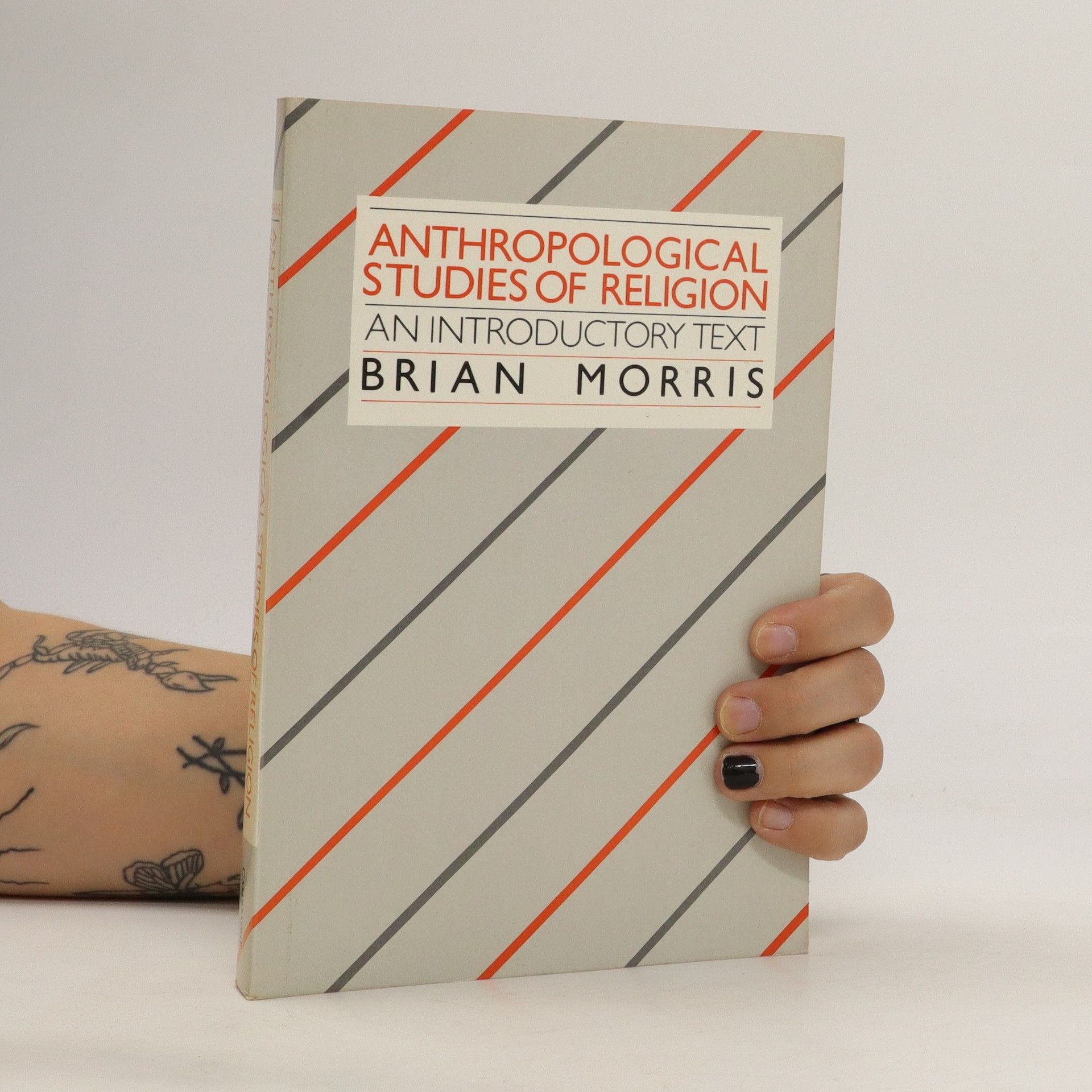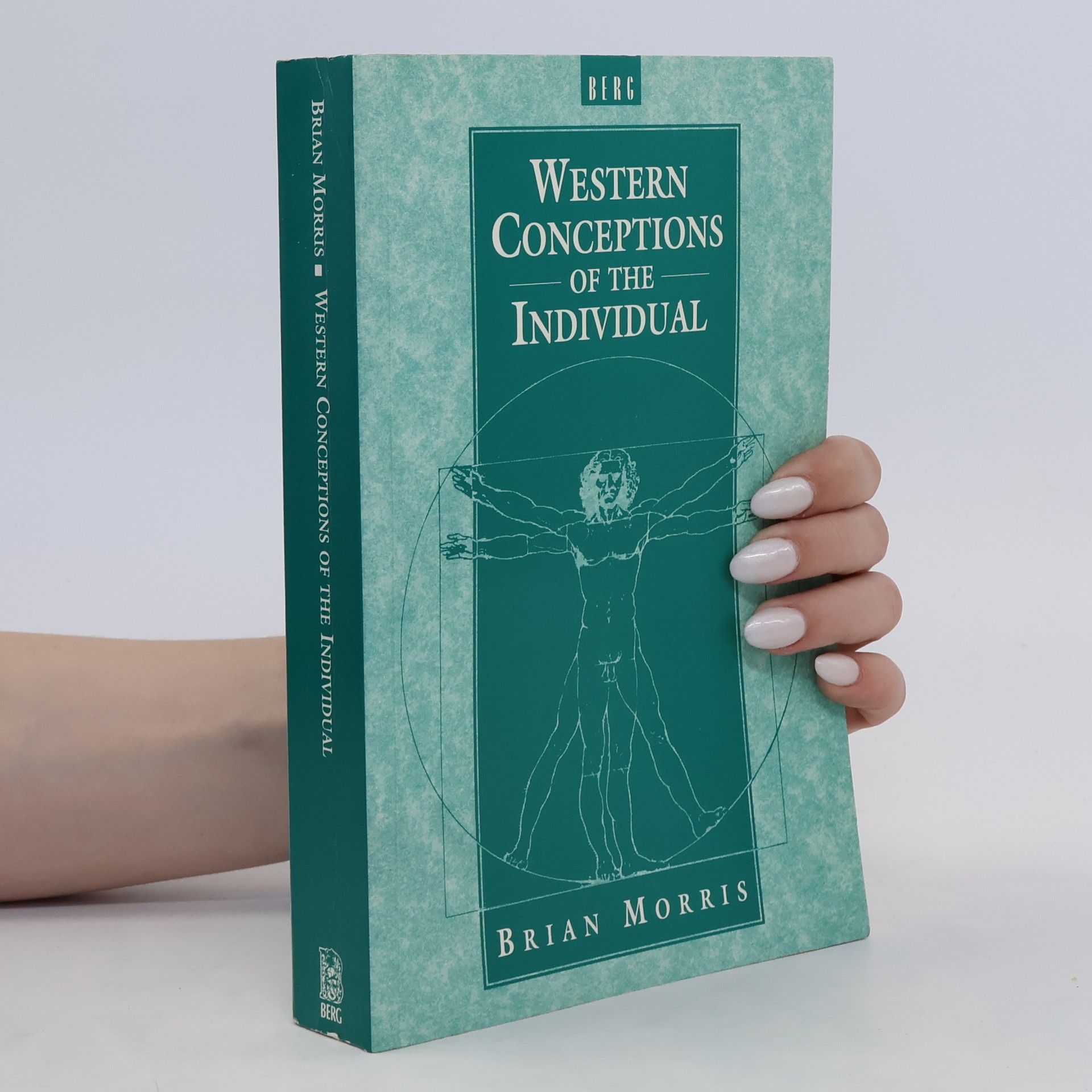Exploring the nature of reality, the author critiques contemporary theories in anthropology, advocating for its recognition as a historical social science. He introduces the concept of "dialectical naturalism" or "evolutionary realism," emphasizing its significance in bridging anthropology with philosophical inquiry. This thought-provoking treatise challenges readers to reconsider how cultural constructs shape perceptions of reality, while also reviving an often-overlooked philosophical tradition.
Brian Morris Books
Brian Morris is an emeritus professor of anthropology whose work delves into folk taxonomy, ethnobotany, ethnozoology, religion, and symbolism. He has conducted fieldwork among South Asian hunter-gatherers and in Malawi, drawing from a diverse pre-academic career as a foundry worker, seaman, and tea planter. His writings explore the intricate connections between nature and human culture, concepts of the individual, and anarchist philosophy. Morris offers unique insights into how societies categorize the world and understand their place within it.






Bakunin: Philosophy of Freedom
- 200 pages
- 7 hours of reading
Focusing on the definitions of freedom, the book explores the life and thought of Bakunin, highlighting his significance as a political theorist. It emphasizes his commitment to uniting theory and practice within his anarchist philosophy. The portrayal of Bakunin reveals the monumental nature of his ideas and their enduring relevance in contemporary discussions on freedom and political theory.
This is a comprehensive study of the varying conceptions of the human subject in the Western intellectual tradition. Although informed by an anthropological perspective, the author draws on material from all the major intellectual disciplines that have contributed to this tradition and offers biographical and theoretical vignettes of all the major Western scholars. By scrutinizing the classical texts of the Western tradition, he succeeds in delineating the differing conceptions of the human individual which emerge from these writings, and gives a guide to the most important ideas in Western cultural traditions.
A lucid outline of explanations of religious phenomena offered by such great thinkers as Hegel, Marx, and Weber.
The Taming of the Shrew
- 142 pages
- 5 hours of reading
A comedy of Petruchio's determination to subdue the irascible Katherine and to make her his wife
Homage to Peasant Smallholders
Land and People of the Shire Highlands, Malawi
- 450 pages
- 16 hours of reading
Focusing on the peasant-smallholders of the Shire Highlands in Southern Malawi, this ethnographic study delves into their social life and cultural practices. It examines the intricate relationship between these communities and their diverse natural landscape, highlighting the complexities of their connection to the land and its biodiversity. With the peasant-smallholders making up about 80 percent of the population, the book provides a detailed representation of their experiences and interactions with their environment.
CHASED BY THE DRAGON CAUGHT BY THE LAMB
The Incredible True Story of a Drug Addict Reborn
- 234 pages
- 9 hours of reading
Set against the backdrop of 1995, the narrative follows Brian as he faces imminent arrest for smuggling a kilogram of cocaine valued at one and a half million pounds. The story delves into the harrowing consequences of his actions, leading to a twelve-year prison sentence. With a fast-paced and often unsettling tone, it explores themes of crime, punishment, and the impact of choices on one's life trajectory.
Trail of an Intellectual Nomad
My Encounters with People and Wildlife in India and Malawi
- 732 pages
- 26 hours of reading
Brian Morris's journey from leaving school at fifteen to becoming an Emeritus Professor of Anthropology at Goldsmiths College highlights his diverse career in Malawi and extensive contributions to the field. His scholarly work encompasses anthropology, religion, symbolism, and radical politics, reflecting a deep engagement with hunter-gatherer societies and individual concepts. Notable recent publications include "Homage to Peasant Smallholders" and "Anthropology and Dialectical Naturalism," showcasing his ongoing exploration of critical themes in anthropology.
Art Directors' Index to Photographers, No. 11
- 440 pages
- 16 hours of reading
Art Directors Index to Photographers Americas, Asia and Australia, No. 12
- 420 pages
- 15 hours of reading

